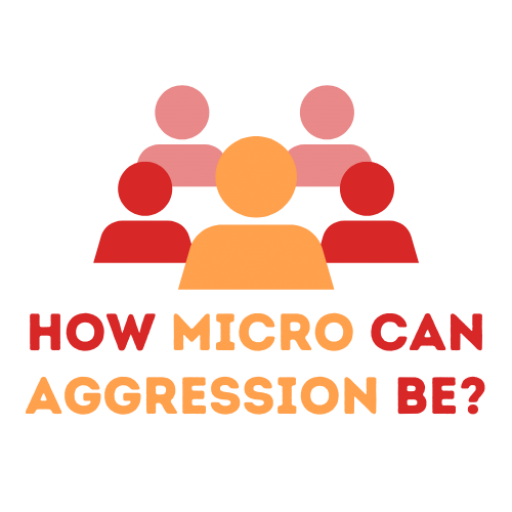Topic 3 Third and Fourth
Third, some people argue that if we see micro-aggressions everywhere and feel that words can do violence, this attitude actually feeds a “victim culture” and makes people more fragile (e.g. helicopter parents who don’t think their children can handle disappointment. So these young people see any ideas contrary to their own beliefs as a form of violence that needs to be limited or avoided).
Fourth, some people argue that there is little scientific evidence to prove micro-aggression exists. They would see this lack of evidence as reason to give less importance to the concept. If we cannot measure it, it cannot form the basis for policy.
Contrary to this skepticism, there is an empirical evidence that experiencing micro-aggressions takes a toll on people’s emotional well-being and physical health.
